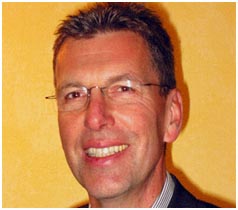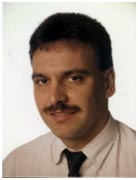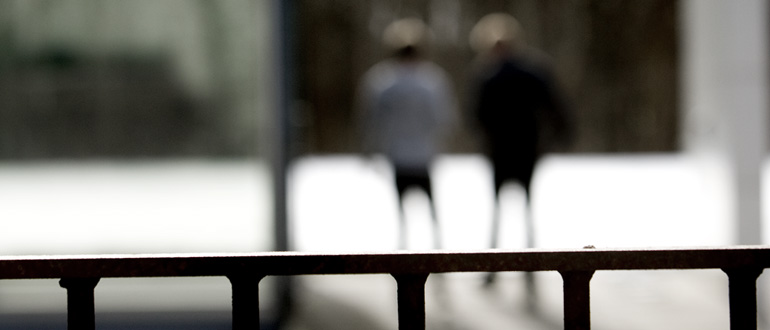Study in the field of biotechnology was first established at University of Applied Sciences Flensburg in 1996. The apparatus and the laboratories represent state-of-the-art modern biotechnology. External financing has made it possible to constantly improve the technical laboratory equipment.
Research in new methods in the field of biotechnology is of high importance at University of Applied Sciences Flensburg. By developing new processes for the documentation of genetically modified organisms (GMOs) in food, a competence within gene diagnostic processes was achieved, which could be developed in further projects.
As a supplement to time consuming microbiological growth of samples for the documentation of microbiological contamination, methods in DNA array techniques were developed, as well as microbiological diagnostics through flow cytometry. It is within the latter field that the working group at University of Applied Sciences Flensburg has its strengths. Areas of application are, e.g., quality control and process optimisation in food industry, as well as the optimisation of biogas production.
In accordance with customer needs, these methods were developed and flow cytometrical techniques, which already are established in research, are applied to routine analytics of biotechnological industry. So far, flow cytometry (FCM) has been used to characterise complex cells (Eukaryotes) especially in medical fields. By means of sufficiently strong light sources (lasers) and sensitive detectors it is now also possible to investigate the significantly smaller simple cells (Prokaryotes), e.g. bacteria. Via hydrodynamic focusing[1], the cells in the cytometer are separated and stimulated sequentially with laser light. Depending on the equipment and the preparation of the sample, the cytometer can measure several functional and structural parameters. The FCM technique in combination with fluorescence markers is one of the most effective methods for characterising and quantifying cellular parameters.
Tasks in the project
At University of Applied Sciences Flensburg the chips from Sønderborg are tested. For this, a pump system with 4 separate syringes was developed. At the same time it is possible to do investigations with the existing commercial flow cytometers in Flensburg, and the results can be compared. Moreover, these instruments are used to test how the channels on the chips are functioning. By means of fluorescence marker beads and different ‘real life’ cells, the stability of the hydrodynamic focussing on the chip is investigated under a microscope. Furthermore, the research group in Flensburg is investigating possible interactions between the colored particles, respectively the components of the sample and the chip material, which could lead to contamination of a following sample. In this context, it is also tested how the chip can be cleaned most efficiently between two measurements. This is done by using different cell types with different characteristics like, e.g., morphology, tendency to form aggregates etc. The chips are to be tested with complex sample material (e.g. starter cultures of samples from biogas ferments) in order to investigate how the contained non-cellular components interfere with each other.
Employees|
Prof. Dr. Helmut Erdmann |
 |
|
|
Dipl.-Biol. (certified biologist) Jan Lenke |
 |
[1] Reduction of a fluid stream width by the use of adjacent streams. HF causes the cells to pass the laser one by one.
